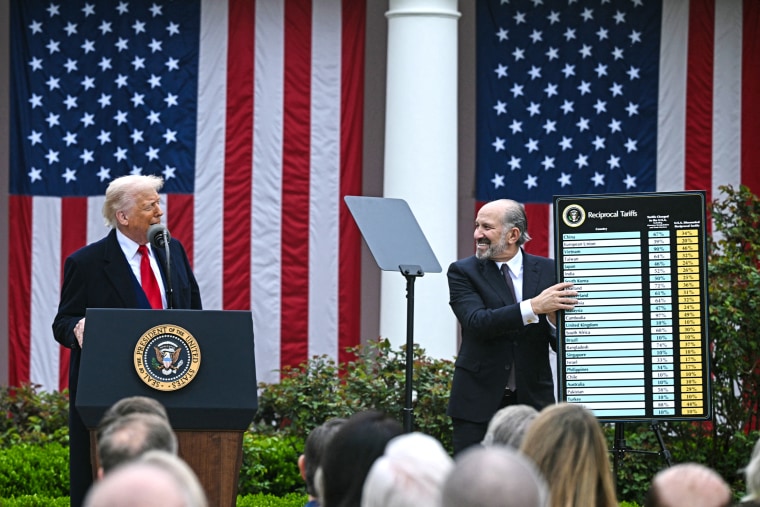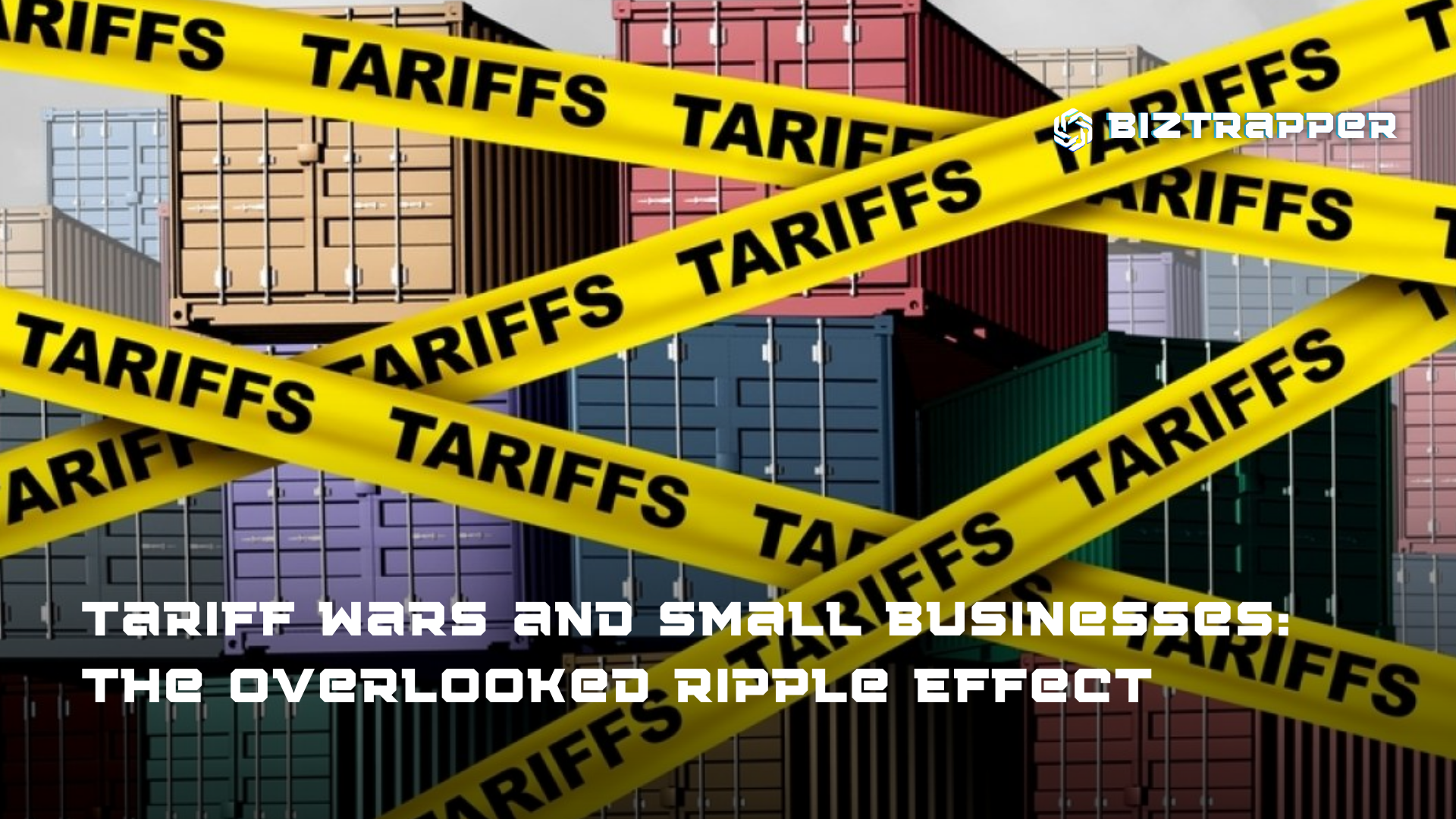The Burden of Rising Tariffs
In recent months, the U.S. government has escalated tariffs, particularly targeting imports from China. While these moves were intended to address trade imbalances and strengthen domestic industries, the unintended consequence has been the crushing blow to small businesses. Take Casey Ames, for example, owner of Harkla, a company in Boise that imports sensory toys from China. His tariff bill jumped from $26,000 to a staggering $346,000 overnight, putting the viability of his business at risk. Such an increase in costs threatens to force him to scale back his operations, potentially laying off employees in the process.
Similarly, Beth Benike, the owner of Busy Baby, a company in Minnesota that produces baby products, finds herself grappling with a 125% tariff increase. Her inventory, worth $160,000, is currently stranded in China, and she is exploring alternatives, like repackaging goods overseas, to navigate the crisis. Despite her efforts, she fears the financial strain could lead to significant personal losses, including her home.

A Ripple Effect Across Industries
The apparel industry, too, isn't immune. Day Owl, a backpack company based in New York, manufactures its products in Vietnam, but a steep 46% tariff could force the company to close its doors in a month. With these high tariffs pushing production costs up, Day Owl may have no choice but to raise prices, risking the loyalty of its customers and shrinking its market share.
The ripple effect of these price hikes isn't just felt within these businesses. Suppliers, manufacturers, and consumers all bear the burden, creating a cycle of economic uncertainty. Small businesses, without the leverage of their larger counterparts, cannot absorb such costs or negotiate favorable terms with suppliers. Many are forced to delay orders, freeze hiring, or, in the worst-case scenario, shut down operations altogether.
The Growing Uncertainty
A recent survey by the National Federation of Independent Business reveals a startling truth: nearly two-thirds of small businesses expect negative impacts from tariffs, with a mere 8% anticipating any benefits. This sentiment is reflected in the Russell 2000 index, which tracks small-cap stocks and has recently entered bear market territory. Investors are growing concerned about the financial health of smaller enterprises, and rightly so.
Exploring Alternatives
In response to the rising tariffs, some small business owners are looking for ways to adapt. Shifting production to countries less affected by tariffs or increasing domestic manufacturing are common strategies, but these options come with their own challenges. Higher costs, logistical complexities, and the lack of clear trade policies only add to the uncertainty surrounding the future of small businesses.

The Path Forward
The consequences of these tariff wars are clear. Small businesses, which already operate with tight margins and limited resources, are suffering. If we are to protect the foundation of the U.S. economy, it's crucial to reevaluate current trade policies to ensure they support, rather than undermine, the growth and sustainability of small enterprises.
While the headlines may focus on the larger picture of global trade, it's the small businesses that are silently bearing the brunt of these policy shifts. As they navigate these turbulent times, it’s essential that policymakers recognize the critical role they play and take action to minimize the impact of these economic ripples.
In the end, a thriving economy is one where all businesses, big or small, can flourish. It's time to ensure that small businesses, which create jobs, foster innovation, and drive growth, have the support they need to weather these challenging times.
Whether you're a business looking for the best service providers or an agency aiming to expand your client base, Biztrapper is here to help you grow.
👉 Ready to make smarter business connections? Get A Quote | Listing with us | Read more blogs






